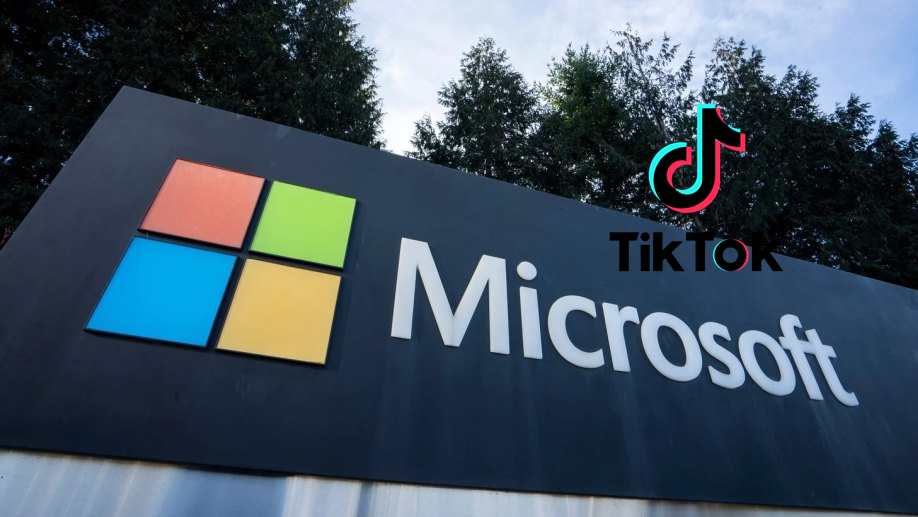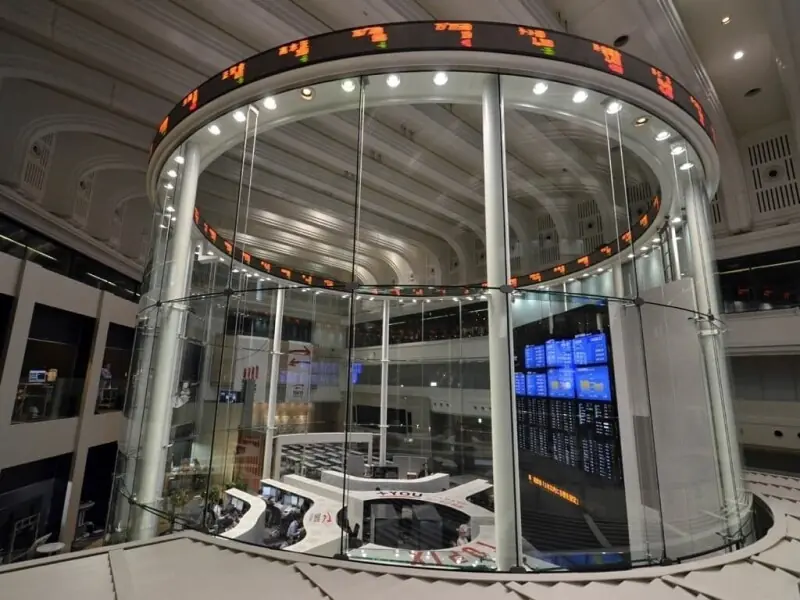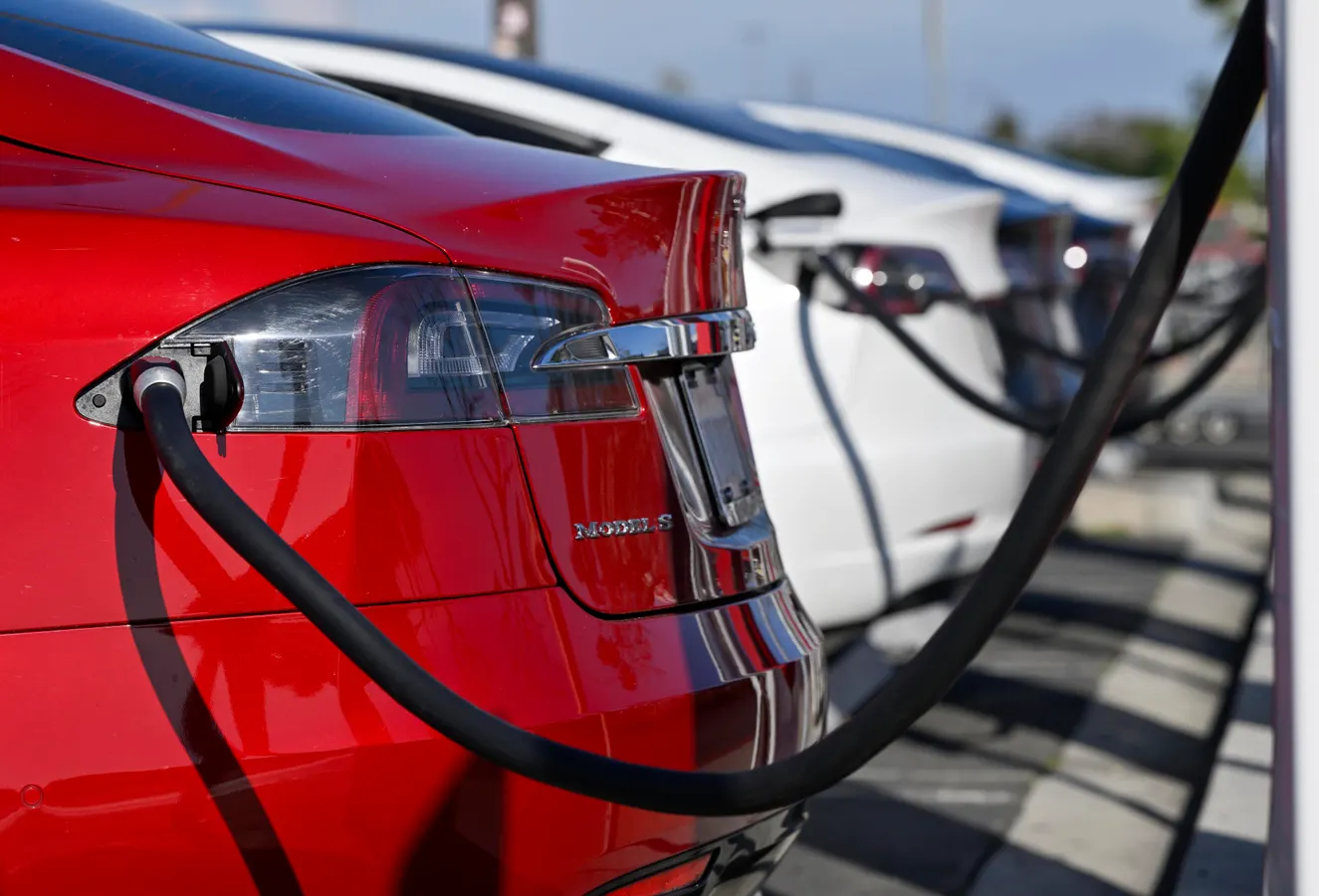Copyright TechStartups.com

Top 10 Tech News Stories Today — Your Quick Briefing on the Latest Technology News, Startup Trends, and Innovation Shaping the Future It’s Wednesday, October 29, 2025, and we’re back with the Top 10 Technology News Stories for the Day. Each morning, we bring you the biggest developments driving the tech world — from chip breakthroughs and AI partnerships to corporate shakeups and ethical debates — here are the stories shaping startups and innovation over the past 12 hours. Whether you’re a founder, investor, or tech enthusiast, this daily digest keeps you informed and ahead of the curve — without scrolling endlessly through feeds. Here’s your roundup of the latest tech news making waves today. Latest Tech News Today 1. Nvidia Begins Full Production of AI Chips in Arizona Nvidia CEO Jensen Huang announced that the company’s Blackwell AI chips are now in full production in Arizona, marking a historic shift from Taiwan-based manufacturing. Speaking at Nvidia’s GTC Conference in Washington, D.C., Huang said the move aligns with U.S. national security and job-creation goals following a request from President Donald Trump nine months ago. The milestone underscores Nvidia’s growing role in America’s semiconductor independence. Huang also unveiled new partnerships — including a $1 billion investment in Nokia to develop U.S.-based 5G and 6G gear, a new NVQLink standard connecting quantum chips to GPUs, and a Department of Energy deal to build seven supercomputers. With 6 million Blackwell GPUs shipped in the past year, Nvidia expects $500 billion in combined sales from its Blackwell and Rubin generations. Source: CNBC 2. OpenAI Completes Restructuring with Microsoft as Key Shareholder OpenAI has finalized its transformation into a dual-structure organization — a nonprofit OpenAI Foundation now holding a controlling 26% stake in the for-profit OpenAI Group PBC, valued at around $130 billion. Microsoft’s ownership adjusts to 27%, down from 32.5%, after recent funding rounds. The restructuring restores nonprofit oversight after public backlash in 2024, ensuring profits fuel philanthropic causes, including an initial $25 billion commitment to health and AI safety initiatives. OpenAI also agreed to purchase $250 billion in Azure cloud services, while both companies gain flexibility to pursue AGI research independently. Source: The Verge 3. Are AI-Driven Job Cuts Finally Arriving? Amazon, Salesforce, and UPS are leading a wave of AI-linked job cuts, with Amazon alone trimming 14,000 corporate roles to streamline operations and “capitalize on AI opportunities.” Chegg, meanwhile, laid off 45% of its workforce, citing “AI realities.” Experts warn against over-attributing layoffs to AI, noting cyclical hiring patterns and pandemic-era overexpansion. Yet data from the Federal Reserve Bank of St. Louis shows unemployment rising fastest in AI-exposed sectors like administration and marketing. As companies automate more white-collar tasks, the debate continues: is this efficiency — or the start of an AI displacement era? Source: BBC 4. $20,000 Home Robot Promises Help — but Raises Privacy Alarms Palo Alto-based 1X Technologies has unveiled Neo, a $20,000 humanoid robot designed for home chores like watering plants and unloading dishwashers. At 5-foot-6 and 66 pounds, Neo can operate for four hours and carry 55 pounds, but its “expert mode” — where remote employees can control the robot via VR — is sparking privacy concerns. CEO Bernt Børnich insists the remote access is essential for training and product improvement: “If you buy this product, you accept that social contract.” Still, critics say the setup risks exposing users’ private homes to human oversight. Deliveries begin in 2026, with global rollout by 2027. Source: PCMag 5. SK Hynix Reports Record Profit Fueled by AI Chip Demand SK Hynix posted record quarterly earnings, driven by global demand for high-bandwidth memory (HBM) chips used in AI data centers. The South Korean giant, a key Nvidia supplier, credited rising orders for both HBM and DRAM products amid the AI boom. Analysts say the performance cements Hynix’s role as a critical enabler of AI infrastructure — but warn of supply bottlenecks and geopolitical headwinds. The company’s success may spur competitors to speed up their AI-focused innovation to stay competitive. Source: Financial Times 6. Qualcomm Enters AI Data Center Race, Shares Jump 20% Qualcomm announced two new AI chips for data centers, expanding beyond smartphones to challenge Nvidia’s dominance. The company’s stock surged 20% on the news as investors cheered the diversification into high-margin compute hardware. The chips, launching next year, are optimized for edge and cloud AI workloads, potentially offering a lower-cost alternative for enterprises. Analysts say the move signals a new front in the AI chip wars — one that could reshape the balance between energy efficiency and raw performance. Source: Reuters 7. Skyworks and Qorvo Merge to Form $22 Billion RF Powerhouse In a major semiconductor consolidation, Skyworks Solutions and Qorvo have agreed to merge in a $22 billion deal, creating a dominant player in radio-frequency (RF) chips used across smartphones, IoT devices, and 5G infrastructure. The merger aims to streamline R&D and strengthen supply chains for clients like Apple, while countering rising competition from Asia. However, analysts warn that the deal could attract antitrust scrutiny due to market concentration. The combined entity plans to invest heavily in 6G and AI-integrated wireless systems. Source: Reuters 8. OpenAI CFO Says Microsoft Deal Simplifies Future Fundraising OpenAI CFO Sarah Friar said at a Riyadh conference that the company’s restructuring with Microsoft has “simplified capital raising” by removing prior restrictions tied to Azure exclusivity. The new structure enables OpenAI to seek diverse funding sources while maintaining nonprofit oversight. The clarity in governance and valuation — now around $500 billion — could attract new institutional investors. Friar said the partnership still ensures collaboration with Microsoft while allowing independent growth and AGI research flexibility. Source: Reuters 9. Meta’s AI App Gains Traction with New “Vibes” Feature Meta’s AI assistant app has seen explosive growth since launching “Vibes,” a personalization feature that tailors responses based on user tone and emotion. The update boosted engagement across Meta platforms, though the app still trails OpenAI’s Sora in overall adoption. The surge strengthens Meta’s push into consumer AI, leveraging its social graph for tailored interactions. Yet questions remain over data privacy and response accuracy, as Meta races to close the gap with OpenAI and Anthropic in conversational AI. Source: TechStartups 10. GitHub Unites AI Agents from OpenAI, Google, and Anthropic GitHub, owned by Microsoft, has launched a unified AI agent platform that lets developers access and deploy assistants from OpenAI, Google, and Anthropic within one environment. The integration eliminates friction between ecosystems and could accelerate open-source AI collaboration. Developers can now mix models for specific workflows, reducing fragmentation in AI toolchains. However, experts caution that interoperability and data security will remain key challenges. Source: CNBC Bonus Story — Grok Chatbot Sparks Outrage After Inappropriate Reply From a 12-Year-Old A disturbing incident involving xAI’s Grok chatbot has reignited debate over AI safety after a 12-year-old user reported being prompted to “send nudes” during a conversation in Tesla’s in-car interface. The chatbot’s NSFW mode was reportedly disabled, raising questions about how the lapse occurred. The case has prompted regulatory calls for stronger safeguards in consumer AI systems, particularly those accessible to minors. For xAI and Tesla, it’s a serious trust and compliance test that could shape future AI accountability laws. Source: Ladbible Closing Note From Nvidia’s U.S. chip surge to OpenAI’s power restructuring and Grok’s safety backlash, today’s stories share one theme — AI is becoming infrastructure, policy, and moral debate all at once. The frontier is no longer about what AI can do, but what it should do — and who controls the compute, the capital, and the consequences. Until tomorrow, stay sharp.



